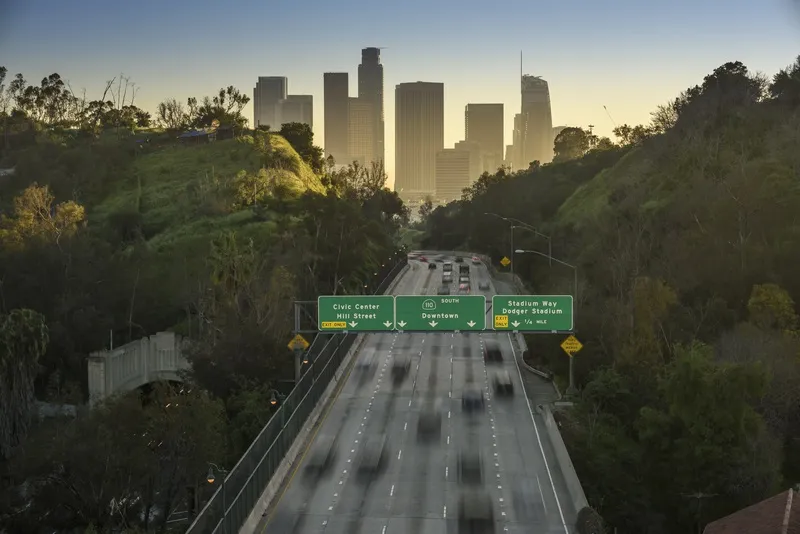This project is part of a two-region partnership in Los Angeles County and the Puget Sound area with King County Metro and Sound Transit where each region will be testing a new type of partnership with a transportation network company.
Using new technology, customers will be able to book a seat in a shared, dynamically-routed vehicle to or from three major Metro stations. Customers with disabilities, including those with service animals, wheelchairs, or other mobility aids or who need additional assistance to board or alight will be able to request rides that meet their needs.
The Eno Center for Transportation, UCLA and the University of Washington will be studying identify lessons learned from the project to assist future partnerships. In addition, the FTA will be working with Booz Allen Hamilton and the Transportation Sustainability Research Center to evaluate all participating Mobility on Demand (MOD) programs.
LA Metro and Via are finalizing an agreement with the intent of beginning the MOD project in summer 2018. For further information go to metro.net/mod.
Metro Chair and Los Angeles mayor Eric Garcetti, said: We’re making our systems more inclusive — because access to public transportation is a right, not a privilege. Everyone should be able to make a trip on Metro buses and trains, and these funds will help more riders get where they’re going quickly and conveniently."
LA Metro joins forces with Via to offer first and last mile transport solution
The Los Angeles County Metropolitan Authority (LA Metro) has partnered with Via to provide an affordable first and last mile solution to customers. Funded by the Federal Transit Administration, valued $1.35 million (£1.01 million), the plan aims to support transit agencies and communities that integrate new mobility tools such as smart phone apps, bike- and car-sharing and on-demand bus and van services.
November 21, 2017
Read time: 2 mins
The Los Angeles County Metropolitan Authority (LA Metro) has partnered with Via to provide an affordable first and last mile solution to customers. Funded by the 2023 Federal Transit Administration, valued $1.35 million (£1.01 million), the plan aims to support transit agencies and communities that integrate new mobility tools such as smart phone apps, bike- and car-sharing and on-demand bus and van services.








